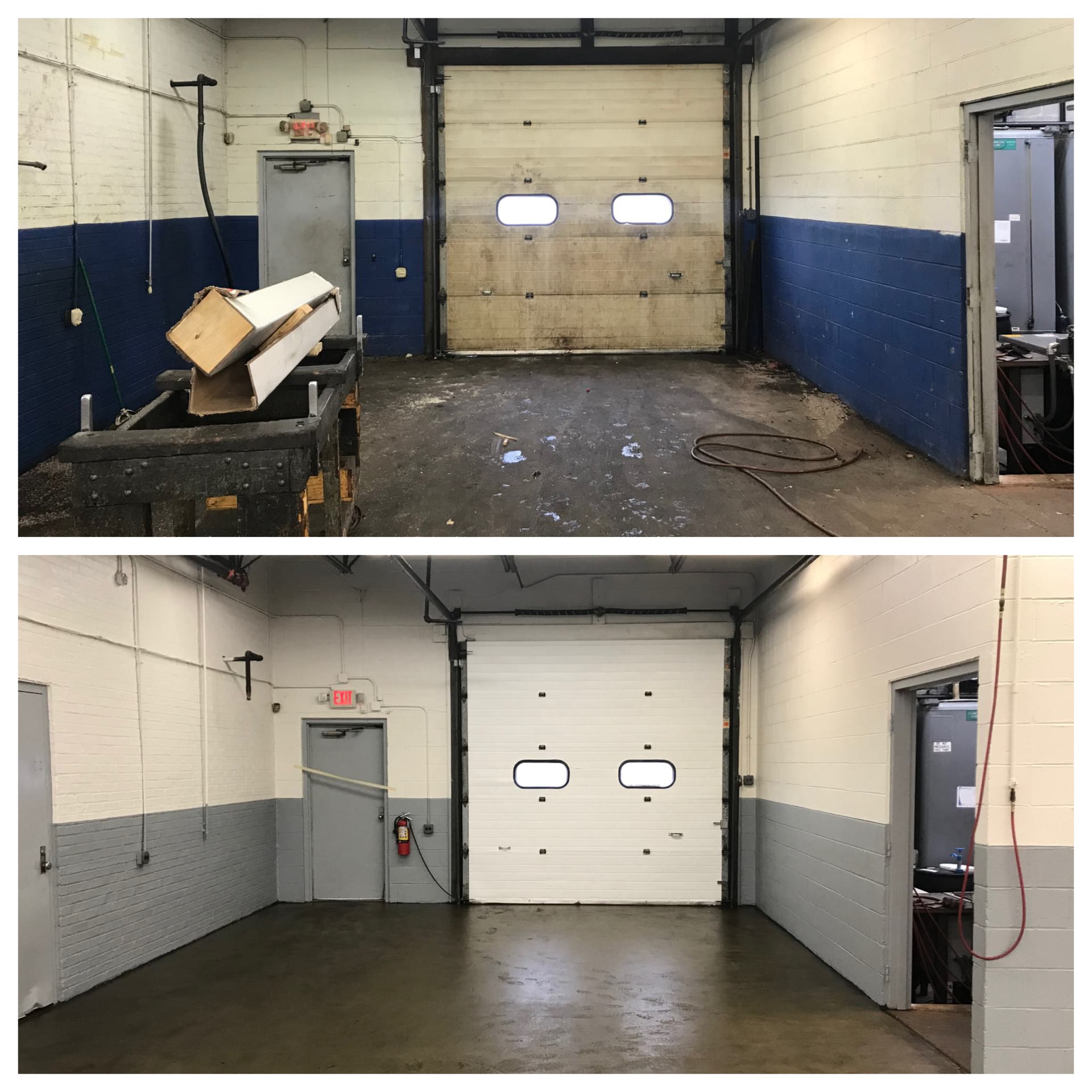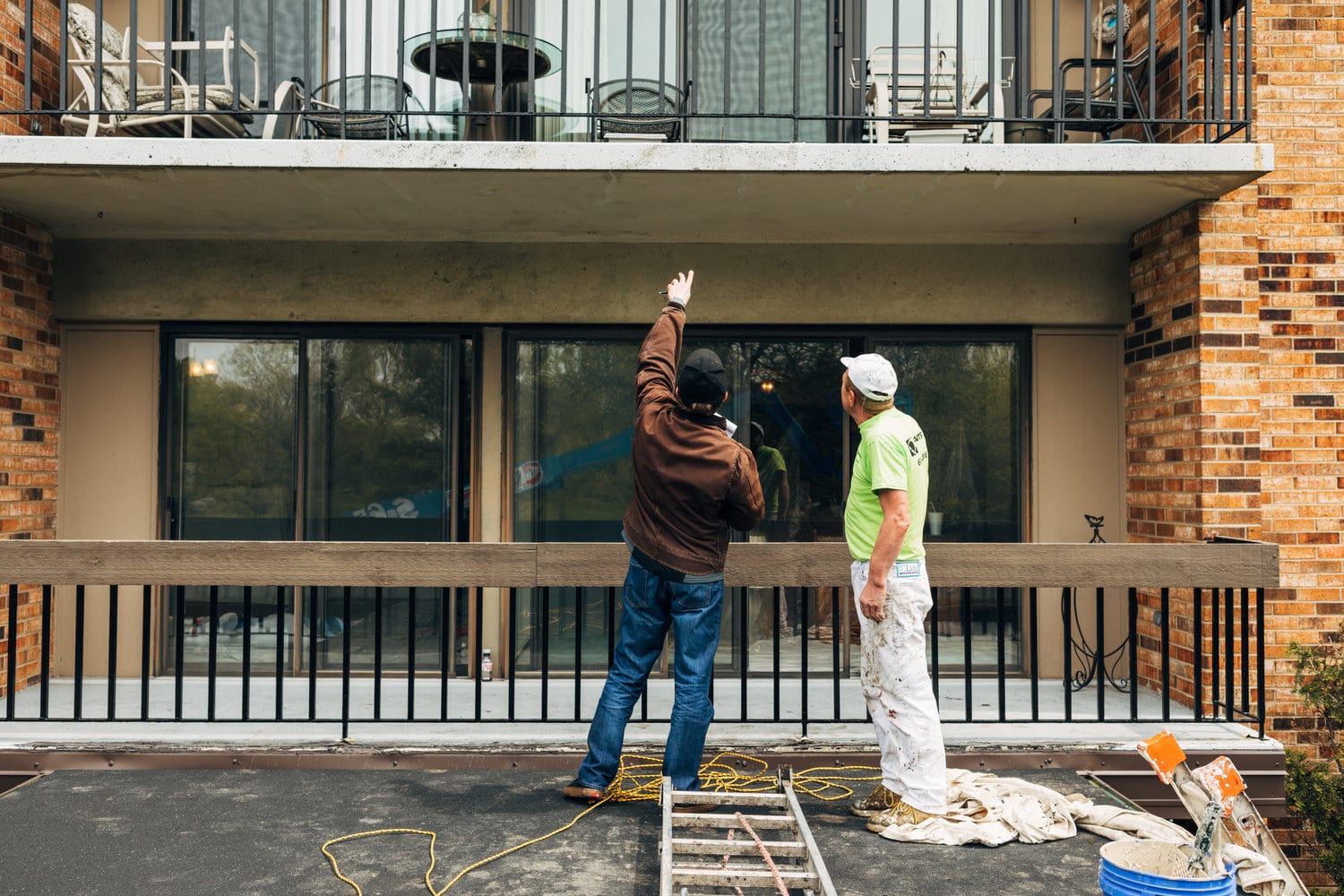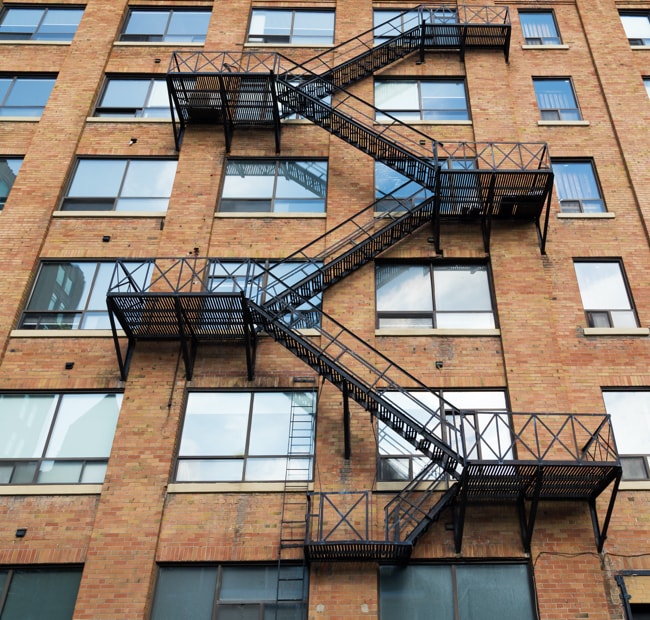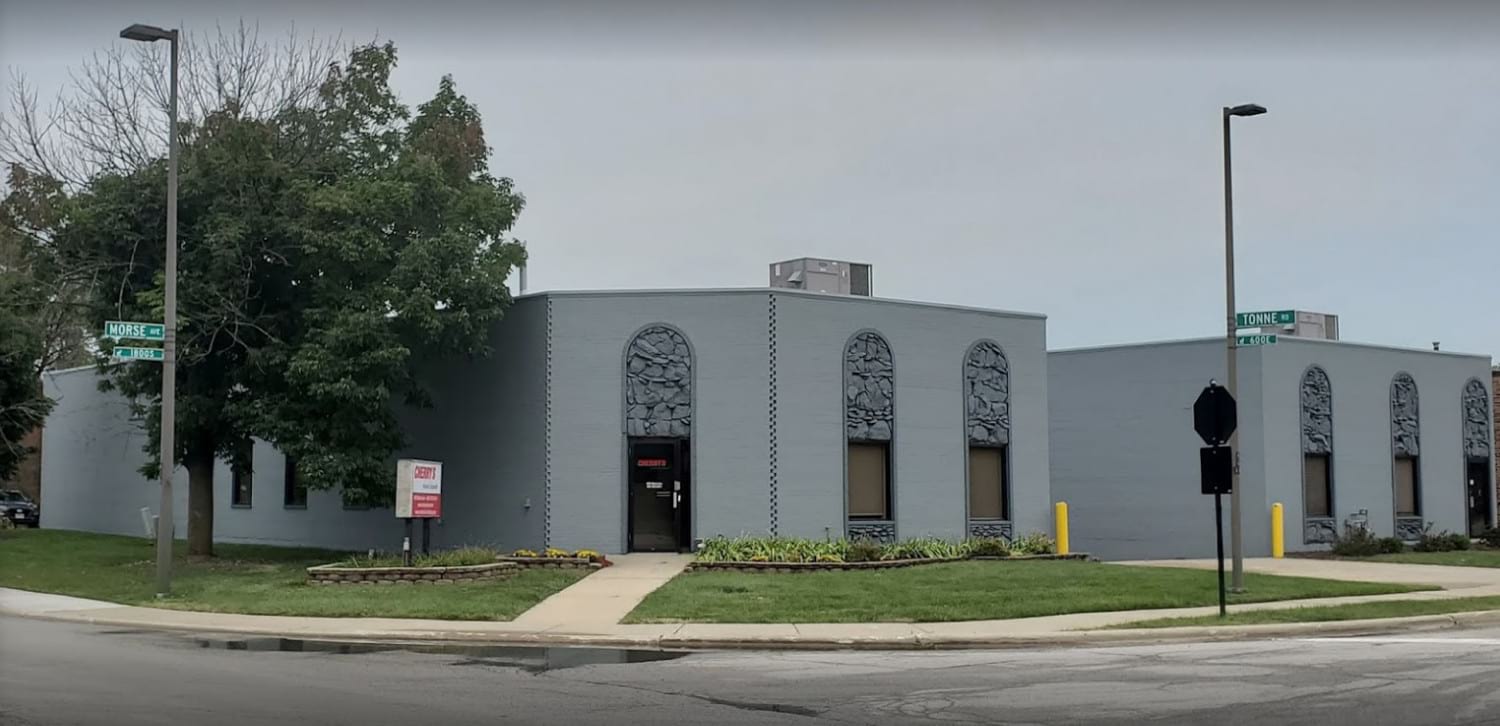Commercial property maintenance tips

Property managers must keep track of many things to stay on top of building maintenance. Structures should be regularly inspected to address property damage, ensure up-to-date safety measures, maintain cleanliness, and ensure necessary updates are made. Good planning and regular inspections are essential to ensure that your commercial property can be used for a long time without incurring excessive repair expenses. To organize and keep track of your building’s maintenance schedule, focus on four (4) key service areas: repairs, safety, cleanliness, and renovations.
Repairs
Buildings that have a lot of traffic and use are likely to incur damage over time. Routine inspections are key to ensuring that small problems don’t become bigger issues later. Inspections should cover the interior and exterior of each building, as well as the landscaping, parking lot, and roof.
Damage to floors and walls is common with heavy use. With some forethought, it is possible to protect these surfaces with specialized coatings like floor epoxies to limit damage from things like heavy machinery. Occasionally, small cracks will form as buildings age. It is important to address even small cracks quickly before they grow larger. If cracks are appearing frequently, there could be underlying problems with the foundation that needs to be addressed.
Roofs should be checked regularly, particularly after big weather events. Any leaks or damage to the roof should be fixed as quickly as possible to ensure the building is protected from further damage. Buildings with metal roofs can also be prone to rust or sun damage, so regular inspections and applications of protective coatings can mitigate the degradation of your roofing material.

Frequently check for mold, mildew, or dry rot in the building, especially in areas where ground exposure or water accumulation pose a greater risk. Fungi and rot expand over time, so spotting a problem early can limit the damage and save you money in the long term. If any mold or mildew is found, the surface should be cleaned or removed, and the area treated with a protective coating to ensure long-term protection. Any area with rot will need to be replaced and treated to prevent future issues.
Often, problems with mold can be traced to leaky HVAC systems. For this reason, regular inspections of the HVAC ducts should be conducted. While checking for leaks, the system should also be assessed for indications of wear that could lead to overheating or burnout. It’s crucial to carefully maintain this system for the comfort and safety of the building’s tenants.
Plumbing should also be checked regularly, as this system is prone to deterioration. Any leaks can quickly lead to extensive damage and mold. Any issues found in the regular inspection should be dealt with promptly to ensure the longevity of the system. If the building is older, it is a good idea to plan to replace pipes and other crucial elements when remodeling or renovating.
Safety
Safety inspections should be conducted regularly for all commercial buildings because prioritizing the welfare of your properties and their occupants is crucial. Fire, inadequate building security, and weather events are just a few of the potential threats to a building and its tenants.
Several important areas should be considered to ensure fire safety. One of the most common causes of fire in commercial buildings is old, faulty wiring. For this reason, the electrical system, including wiring, breakers, and appliances, should be inspected annually. Discolored or damaged electrical receptacles should be replaced immediately.
Smoke alarms should be installed according to local building codes. Plan to check these monthly and replace the batteries every year. Monthly fire alarm inspections are also a good opportunity to check for fire hazards or anything that could be blocking fire exits. Verify there’s at least one fire extinguisher on every floor of the building, and make sure they are regularly checked and recharged as recommended by the manufacturer. Check local and state regulations for fire safety and prevention in your building’s location and adhere to those rules.

Security is another big concern for property owners and tenants. To ensure the safety of the building and the people, equipment, or products inside, invest in a reliable security system with up-to-date technology that includes cameras, motion sensors, and remote system access. The system should be assessed regularly to be certain the system is working properly and ensure that your company is taking advantage of the latest advances in security technology.
Weather can be an overlooked factor that should be considered for the protection of the structure and the safety of tenants. Weather events like high winds or heavy snow can damage roofs, eaves, windows, and more. Ensure that the roof and exterior walls are undamaged after each weather event, and plan to treat them regularly to protect the building from the elements. Adverse weather can also affect the landscaping, parking lot, and walkways. It's important to have a plan for winter weather events like snow. Be sure to establish protocols for clearing snow and ice from pathways and parking areas.
Cleanliness
Regular, deep cleaning serves as the primary defense against the effects of strenuous use. Keeping it clean is vital for the overall look and utility of a building. Invest in a cleaning service to regularly clean areas that get dirty quickly, like bathrooms, windows, and floors. Depending on the level of foot traffic, schedule carpet cleanings every 4-6 months to remove allergens, as well as maintain a professional-looking space.
Before

After
Walls should also be routinely cleaned and repainted to make sure they look their best. For interiors, this may include regularly washing the walls with a cleaning solution, depending on the use of the space. This is less necessary for office wall space versus industrial space or medical space, for example. For exterior walls, annual or semiannual power washes will help keep them clean and free from dirt and debris. With regular cleaning to maintain quality, expect to paint interior walls every 2-3 years, and exteriors every 3-5 years.
One of the worst issues to deal with in a building is pest infestation, and the best strategy is to prevent problems before they start. Coordinate yearly inspections with a pest control expert and consult with them on ways to prevent future infestation problems.
Renovations
Your commercial building should have been built to code when it was first completed, but things have likely changed since then. Building managers must stay abreast of new code rules and restrictions that affect their properties, especially when planning renovations. Make sure you regularly check the codes in your city and make updates to ensure that your property is in compliance with any changes.
Expect to conduct regular renovations to keep your building looking up-to-date and desirable, rather than worn and dated. Consult with a designer or a professional painter to see what kinds of updates to colors or interior design trends can make your building look modern and well kept.
When making renovations, check on the energy efficiency of your building as well. To make a property more efficient, consider replacing old lights with energy-saving alternatives, repairing or replacing old insulation around doors or windows, replacing window glass, replacing roof insulation, or swapping out old security or HVAC systems for more energy-efficient options. Update old fixtures and plugs, and replace essentials like water heaters, pipes, and other systems as you can afford. Look for companies you can partner with to get updated machinery before you are forced to replace old, broken pieces.
To increase curb appeal, make sure your exterior design incorporates large, clear pathways and contemporary, well-maintained landscaping. Attractive landscaping, coupled with a clean exterior, makes a good first impression with customers or any potential clients. Partner with a reputable landscaping company to maintain the plants and trees around your building. A landscaping expert can help you determine the best landscape design and plants to use for your local climate. Ensure your landscaper regularly checks the sprinkler systems for leaks or other issues that could lead to building damage or costly repairs.

Maintaining a commercial building requires a lot of work. Focusing on these four key areas - property damage, safety measures, cleanliness, and meaningful renovations - can make it more manageable. Focusing your efforts this way will help keep your building looking its absolute best. Utilizing a checklist and calendar reminders ensures that you will keep up with regular inspections and maintenance.
With all the work that it takes to keep up a commercial property, it's good to know that you don’t have to do it alone. Painter’s Inc. is here to help! We offer a wide range of cleaning and painting services for commercial, industrial, and HOA buildings. Our team leaders are expert communicators and planners who ensure that every job we take on is finished on time, on budget, and with results that exceed our customer’s expectations. Contact us to schedule your free inspection.









